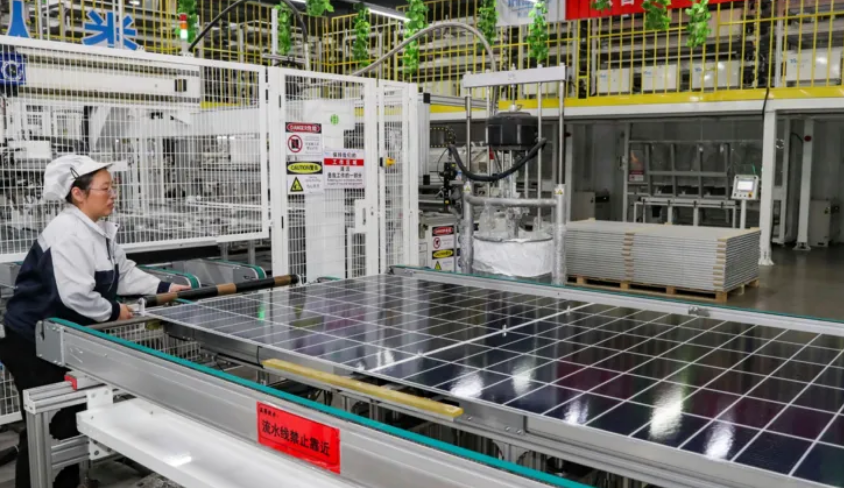The U.S. Department of Commerce has announced sweeping new tariffs on solar panel imports from four Southeast Asian countries, following a year-long investigation into allegations of unfair trade practices.
The proposed duties—some as high as 3,521%—target companies operating in Cambodia, Thailand, Malaysia, and Vietnam. The move comes in response to complaints by U.S. solar manufacturers who argued that Chinese-backed firms were flooding the market with subsidized, low-cost products, undermining domestic industry.
The investigation began under the administration of President Joe Biden, after a coalition of solar equipment producers urged the government to take action to protect American manufacturers. The newly announced measures include both anti-dumping and countervailing duties—terms used for tariffs aimed at offsetting unfair pricing and government subsidies, respectively.
“Today’s announcement is about ensuring a level playing field for U.S. solar manufacturers,” a Commerce Department spokesperson said. “These duties are based on extensive evidence that certain foreign producers have benefited from Chinese subsidies and are selling solar panels in the U.S. at unfairly low prices.”
The extent of the tariffs will vary by country and manufacturer. Some companies in Cambodia, deemed uncooperative with the investigation, are facing the steepest penalties of up to 3,521%. Meanwhile, Chinese manufacturer Jinko Solar, which operates in Malaysia, will face significantly lower tariffs of just over 41%. Another major firm, Trina Solar, based in China but producing in Thailand, was hit with a 375% tariff.
The tariffs are not yet final. The U.S. International Trade Commission (ITC) is expected to make a final ruling in June. If the ITC agrees that the U.S. industry has been harmed by unfair competition, the Commerce Department will move forward with imposing the duties.
Neither Jinko Solar nor Trina Solar responded to requests for comment on the findings.
The decision marks a significant escalation in the ongoing trade tensions between the U.S. and China, particularly in the renewable energy sector. While the Biden administration has pledged to expand America’s clean energy infrastructure, it is also seeking to protect domestic industry from what it views as unfair global competition.
Industry analysts say the tariffs could increase short-term prices for solar equipment in the U.S. but may encourage more domestic manufacturing in the long term. Environmental groups and renewable energy advocates, however, warn that the move could slow solar deployment and complicate efforts to meet clean energy targets.


